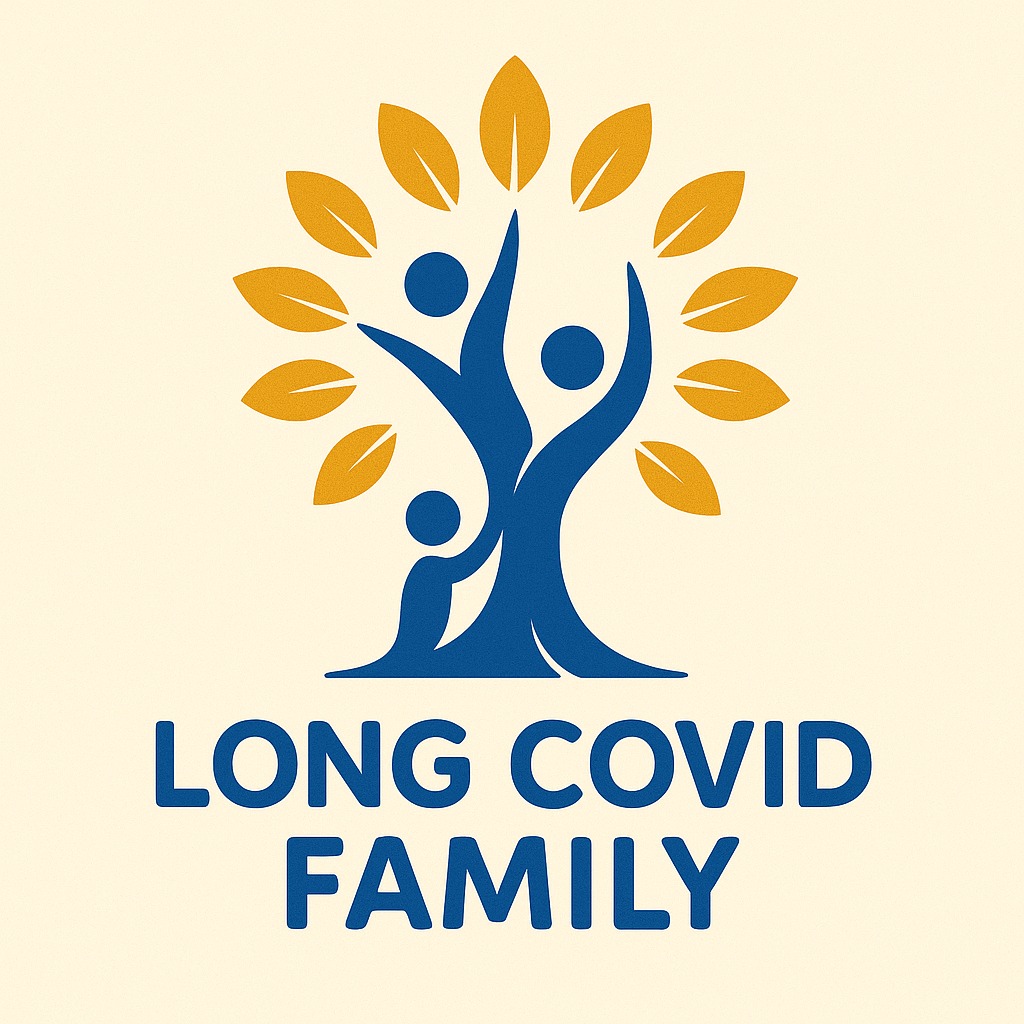Long COVID Symptom Worsening: Triggers & Mechanisms
Heat (Hot Showers, Weather)
Mechanism: Dysautonomia & Mast Cell Activation → Excessive vasodilation and histamine release
- Vasodilation (blood pooling, worsens POTS)
- Histamine release (heat triggers mast cells)
- Increased metabolic demand (worsens mitochondrial dysfunction)
Post Meals (Especially High-Carb, High-Fat)
Mechanism: Postprandial Hypotension & Mast Cell Activation
- Vagal dysfunction → Poor digestion, blood pooling
- Histamine release from food (if MCAS is present)
- Glucose fluctuations (insulin spikes, reactive hypoglycemia)
Fermented Products (Cheese, Yogurt, Kombucha, Alcohol)
Mechanism: Histamine Intolerance & Gut Dysbiosis
- Excess dietary histamine (fermented foods are high in histamine)
- DAO enzyme deficiency (reduced ability to break down histamine)
- Leaky gut, dysbiosis (bacterial overgrowth worsens histamine intolerance)
Stress (Emotional, Physical, Infections)
Mechanism: Sympathetic Overdrive/Fight-Flight & Cortisol Dysregulation
- Increased norepinephrine → Worsens POTS, tachycardia
- Cortisol fluctuations → Fatigue, immune dysfunction
- Mast cell activation → More histamine release
Worsening at Night
Mechanism: Circadian Disruptions & Increased Histamine Release
- Cortisol drop at night (cortisol suppresses mast cells, so symptoms worsen)
- Histamine spikes at night (common in MCAS)
- POTS symptoms worsen (lying down can cause blood pooling, poor circulation)
Symptoms Worse Immediately After Activity
Mechanism: Dysautonomia & Mitochondrial Dysfunction
- Poor oxygen delivery (autonomic dysfunction affects circulation)
- Mitochondrial lactate buildup (reduced ATP production leads to metabolic acidosis)
Delayed Symptoms (PEM – Post-Exertional Malaise, Hours to Days Later)
Mechanism: Immune Dysregulation & Oxidative Stress
- Microglial activation (neuroinflammation causes brain fog, fatigue)
- Delayed inflammatory response (cytokine storm effect)
- ATP depletion & oxidative stress (mitochondria cannot recover energy stores)
Key Insights
- Heat, stress, and histamine-releasing foods → Trigger immediate autonomic and inflammatory responses.
- Post-meal & nighttime symptoms → Suggest vagal dysfunction, glucose dysregulation, and histamine intolerance.
- Immediate post-activity symptoms → Due to poor circulation, mitochondrial dysfunction, and autonomic dysregulation.
- Delayed PEM symptoms → Suggest neuroimmune activation, oxidative stress, and ATP depletion, worsening symptoms over 12–72 hours.
You can get clues to the mechanism by what triggers your symptoms
